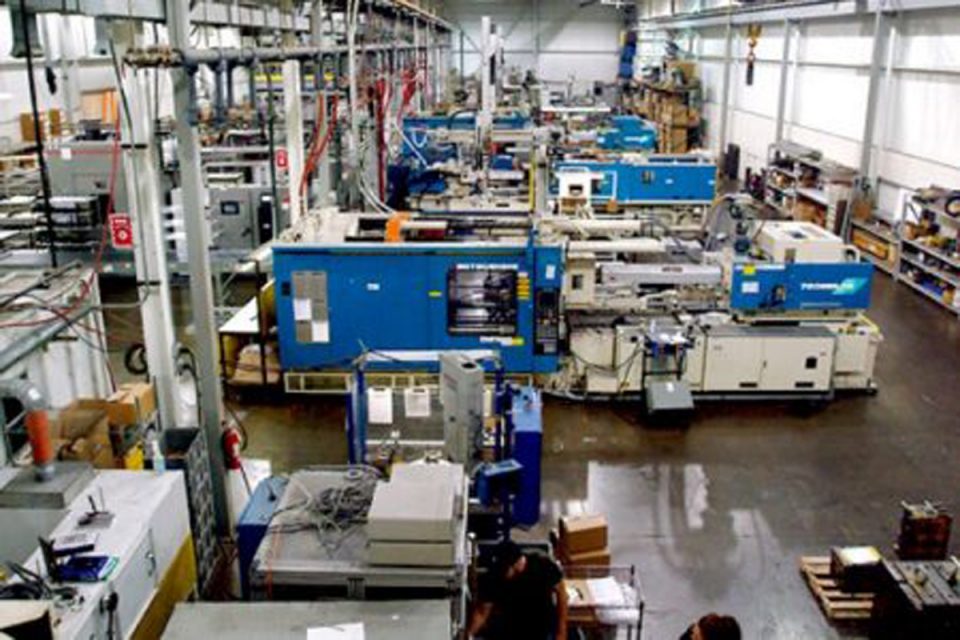Most manufacturers have said the commercial banks’ lending rates are discouraging productivity in the nation’s manufacturing sector, the Manufacturers Association of Nigeria has said.
MAN revealed in a report that 71 per cent of Chief Executive Officers interviewed “disagreed that the rate at which commercial banks lend to manufacturers encourages productivity in the sector.”
It said the cost of borrowing in the country remained at double digits even amidst the reforms meant to culminate in lower rates to engender the country’s economic recovery process.
The report said, “Special single digit loans offered by development banks are still hard to leverage as conditionalities to assess the loans through commercial banks are often overwhelming and laden with additional charges that will eventually make the interest rate double digit.
“Seven per cent of respondents were, however, of the opinion that the rate at which commercial banks lend to manufacturers encourages productivity in the sector while the remaining 22 per cent were not sure of the impact of the rate of lending on productivity in the manufacturing sector.”
The report showed that 64 per cent of respondent disagreed that the size of commercial bank loan to manufacturing sector had encouraged manufacturing productivity.
It said the very high presence of the government in the money market, particularly through the sales of Treasury Bills, had been crowding out the private sector from the market.
MAN said 27 per cent of respondents were not sure if the size of the bank loan to the sector encouraged increased productivity, while the remaining nine per cent of CEOs of manufacturing companies agreed that the volume of commercial banks’ loan to the sector encouraged productivity.
It said, “This finding clearly highlights the need to continuously monitor and ensure effective implementation of the Loan to Deposit Ratio policy of the Central Bank to ensure actualisation of the objectives behind its formulation.
“This will further promote economic recovery and ensure quick return to the path of growth from the trap of recession that is currently holding the economy down.”
The report said 52 per cent of respondents disagreed that government capital expenditure implementation encouraged productivity in the sector.
It said, “While appreciating the efforts of government to improve the state of infrastructure in the country, respondents’ opined that the low allocation for provision of infrastructure facility in the yearly budget, the poor implementation of the budgetary provisions and the absence of monitoring and evaluation mechanism to interrogate the implementation of the budget and relevant Executive Orders.
“This development has left the country’s infrastructure in a dilapidated state and has not been able to spur the desired economic growth through enhanced real sector productivity.”




